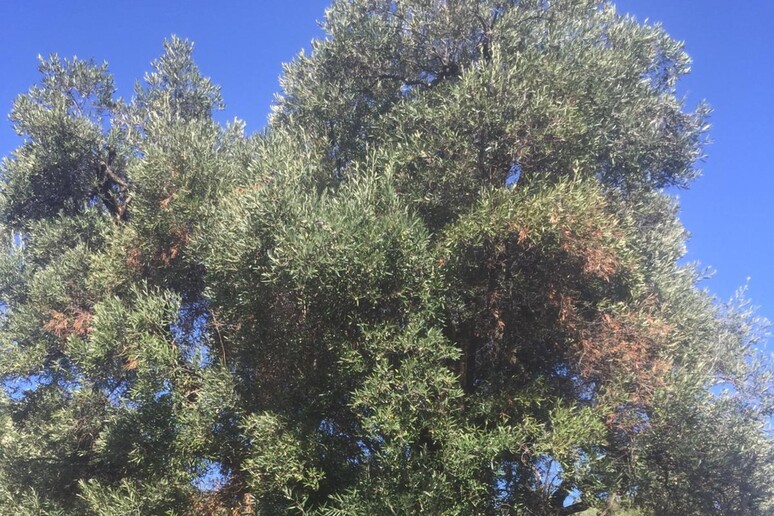The Xylella fastidiosa plant
pathogen has been in Europe since the 1990s, research has found.
The pathogen was officially detected for the first time in the
EU in 2013, in Puglia, where it has been killing olive trees.
But studies conducted by Xf-Actors Project scientists found that
a variant was already in the Balearic Islands, Spain, decades
before. Genome sequences suggest that Xylella fastidiosa arrived
in Italy, Spain and France from the Americas on several
different occasions.
In the Balearic Islands, the strain called 'multiplex' was
already damaging almond trees in 1993, but its symptoms were
mistaken for other diseases or drought stress.
Xf-Actors is the first EU-funded research project entirely
devoted to Xylella fastidiosa and it has brought together more
than 100 scientists from 29 partner organizations in 14
countries worldwide. The final teleconference on the project
will take place from Monday until 28 April.
The 3rd European Conference on Xylella fastidiosa, organized by
the European Food Safety Authority (EFSA), will follow on 29 and
30 April.
During the week, more than 900 participants from over 60
countries will take stock of six years of EU-funded research on
Xylella fastidiosa.
ALL RIGHTS RESERVED © Copyright ANSA











